
Mon-Fri 9am-5pm
Talk to our friendly electric car leasing experts now: 01942 910 001This website uses cookies to ensure you get the best experience. Learn more
Reviewing the electric Vauxhall Mokka-E

Reviewing the electric Vauxhall Mokka-E - Should I or the business be leasing an EV?
The tremendous appetite for electric cars has been surprising to even the most hardened pro-EV companies like the e-car lease team. And, to some extent, we have been enjoying a perfect storm which arose around the time of COVID. In the UK, we found a reduction in annual mileages (due to home working practices), a focus on cost-saving measures and also a heightened environmental consciousness acted as a significant catalyst.
It was thought that electric cars, and vans, would be bespoke to the company and business fleets, due to whole of life costs and company car tax savings. And while salary sacrifice has driven much of the initial demand, there is a need for electric vehicle solutions for both personal and business contract hire customers.
But our industry now faces some difficult challenges which is putting on pressure for the uptake - reduced production, supply issues, parts shortages, increasing prices (and reducing discounts) and now in August / September 2022, it seems we now face an energy crisis which could put an end to the growth of EVs in the UK.
And manufacturers are not immune from this current situation, as they also look to manage the production costs, customer appetites from combustion / ICE platforms and the need for all-electric automotive solutions. Some of you may have noticed AGENCY models being introduced across the UK networks, which is a hugely intriguing move by the brands who are now looking to emulate the success of Tesla.
Under an agency model, customers will transact directly with the manufacturer on their procurement platform (as you would with any Tesla) and after ordering the vehicle you will be forwarded to a local retailer / experience centre / demo for delivery - while arranging a purchase or leasing finance product in the meantime. This approach is an interesting one in the UK, as many customers will actually utilise online brokers and intermediaries, like e-car lease, to secure the vehicle information and subsequent lease or purchase. But in an era of change, nothing is ever certain.
The agency changes have been somewhat hidden by a more ferocious fire ravaging its way through our news, social media channels and households. We are of course referring to the recent news from Ofgem that from 1 October 2022, the price cap will increase to £3,549 per year for dual fuel households. And for those of you who are not sure how it affects you, just check the regulator’s website .
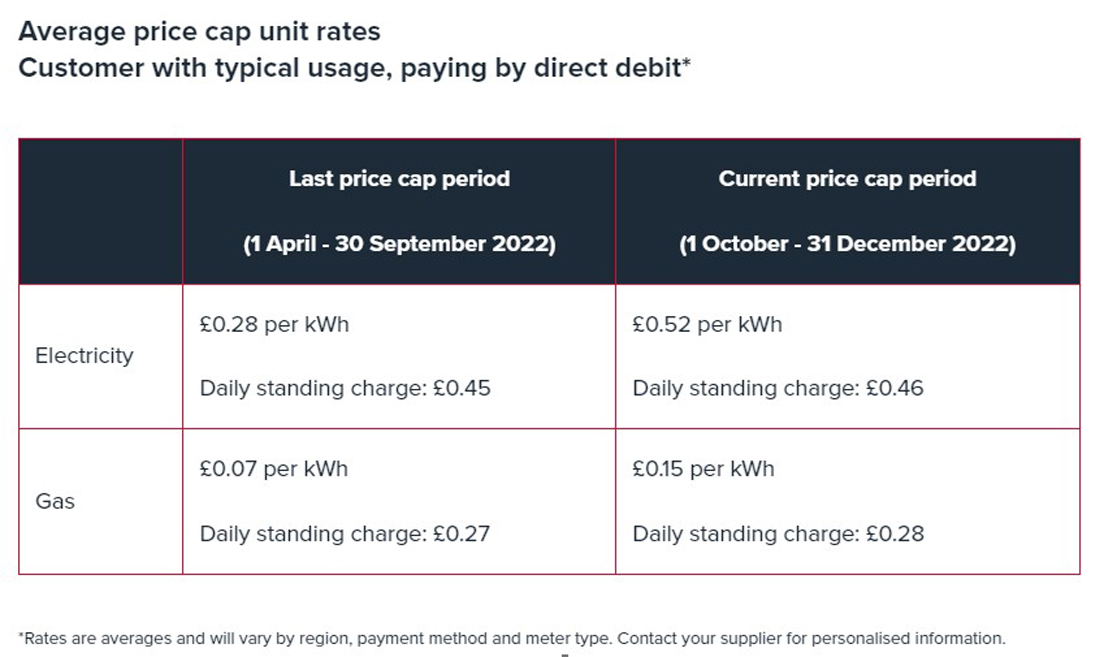
Will the electricity price cap increase impact the electric automotive industry?
For the EV industry, the noticeable concern is that the move from domestic tariffs at 28p per kWh to 52p per kWh will make our EVs unaffordable and a wholly unviable solution. And with the 52p only being in place until 31 December 2022, there is concern this could go up again, with costs of 60 and 70 pence being referred to!
For many customers, the key objective of an electric car was that it was so cheap to run compared to a petrol or diesel option. This was none more prevalent when the 2022 fuel crisis saw £2 per litre prices compared to the 15 / 20 pence per kWh on an EV. So are the tables now turning? Is the cost of running an electric car about to become affordable?
Some of the issues which need to be identified at the outset is that there is so much confusion about the cost of charging, the real range of an EV and the actual implications for the customer. Taking a real example, the Mokka electric SUV shown here, this is probably a key option for many SME and consumers in the UK. Around 2020 / 21 when this arrived for sale, much of the marketing seemed to stress the cheap charging tariffs which many electricity companies offered for overnight sessions.
For the Mokka, a cost-effective 5 pence per kWh tariff would result in a £2 cost for a full tank, with a moderate tariff of 15 pence per kWh still only costing just under £7. For anyone on a less competitive 28 pence per kWh tariff (which is the current cap), this would cost just over £12 for a full charge. Fast forward to October when the tariff will inevitably be the 52p per kWh, this will change the fuel cost to £23 - all of which is detailed below for your review.
The truth is that for many EVs on the 50p tariff, the running costs, and Whole of Life position, will still be reasonable. The danger has been in those cases where marketing ploys have converted combustion customers to EV customers on incorrect information i.e. cheap tariffs, best-case ranges and sweeping cost savings for example avoiding Clean Air Zone and Low-Emission charges.
So long as a manufacturer, dealership or leasing broker correctly and compliantly sets out the cost of the charge (i.e. use the maximum default tariff) and bases their cost per mile on a real range (i.e. an average of city and motorway driving in summer AND winter), then a more realistic cost overview can be ascertained. And this cost per mile can then be used alongside the rental, maintenance, insurance and charge point solution to compare against a combustion or PHEV solution, should such comparison be necessary for you or the business.
And this is without looking at the significant tax savings for company car and salary sacrifice drivers which will occur with an all-electric car. And it also doesn’t account for those customers and households with renewable fuel solutions, like solar panels, which minimise the disruption on costs which are set to happen in October 22.
Undoubtedly the position on our household economies is becoming a more tenuous one as our products and services appear to increase beyond our wages and salaries, However, for the electric car industry, the key is to remain honest, clear and sanitised so that we are properly educating our customers on the realistic costs they are set to incur with a new electric car or van. Let’s not forget that combustion alternatives also face the same issues, so using objective criteria and a case by case basis analysis will be key to this electric transition happening at the current rate.
Charging an electric Mokka at 5 pence per kWh tariff

Charging an electric Mokka at 15 pence per kWh tariff

Charging an electric Mokka at a 28 pence per kWh tariff

Charging an electric Mokka at a 52 pence per kWh tariff (1 October 2022)

And cars like the Mokka EV shown here are still crucial to the UK’s PCH and BCH markets. We are a nation which now needs cost-effective and practical EVs to sustain the interest and progression we have already enjoyed. It is no surprise that the Mokka was converted to a battery, as was the Corsa, in order to meet such demand. The UK is very much a nation obsessed with SUVs and crossover vehicles, as drivers look for practical and safe motoring options but which maintain style and quality.
The latest Mokka revision almost certainly does this, which is evident on the amazing vehicle displayed here and which was delivered to a personal customer on a lease deal! With CarWow at 7/10, Auto Express at 7/10 and Parkers at 4/5, it is fair to say that the Vauxhall team in conjunction with the Stellantis group, have manufactured a genuine EV.
And in terms of performance, the 45 kWh usable battery delivers 0 - 62 times of 9.2 seconds, top speeds of 93 mph and 100 kW (or 134 hp). The Mokka will deliver around 130 miles of range in winter temperatures (on a full charge) with summer more likely to produce a 180 miles journey.
On charging times, the 11 kW AC maximum enables a 0 - 100% session in 5 hours with the 101 kW DC max allowing a 25 minute 10 - 80 % session. A vehicle fuel equivalent of 144 mpg, the Mokka is a certainly a frugal car on the running costs and that’s even with its robust 310L cargo volume. The perfect small electric family car?
In terms of the car shown, the Vauxhall Mokka-E Electric Hatchback 100kW SRi Premium 50kWh 5dr Auto (Pure Electric Vehicle), this is based on the following configuration:
- Diamond Black Metallic paint
- Fabric/Leather effect - Minstral and Jet black fabric leather-effect seat trim inserts with Jet black fabric side bolsters
- 18" bi colour alloy wheels with red accents
- Type 2 (Suitable for Public charging and home wallbox charger – Fast charging)
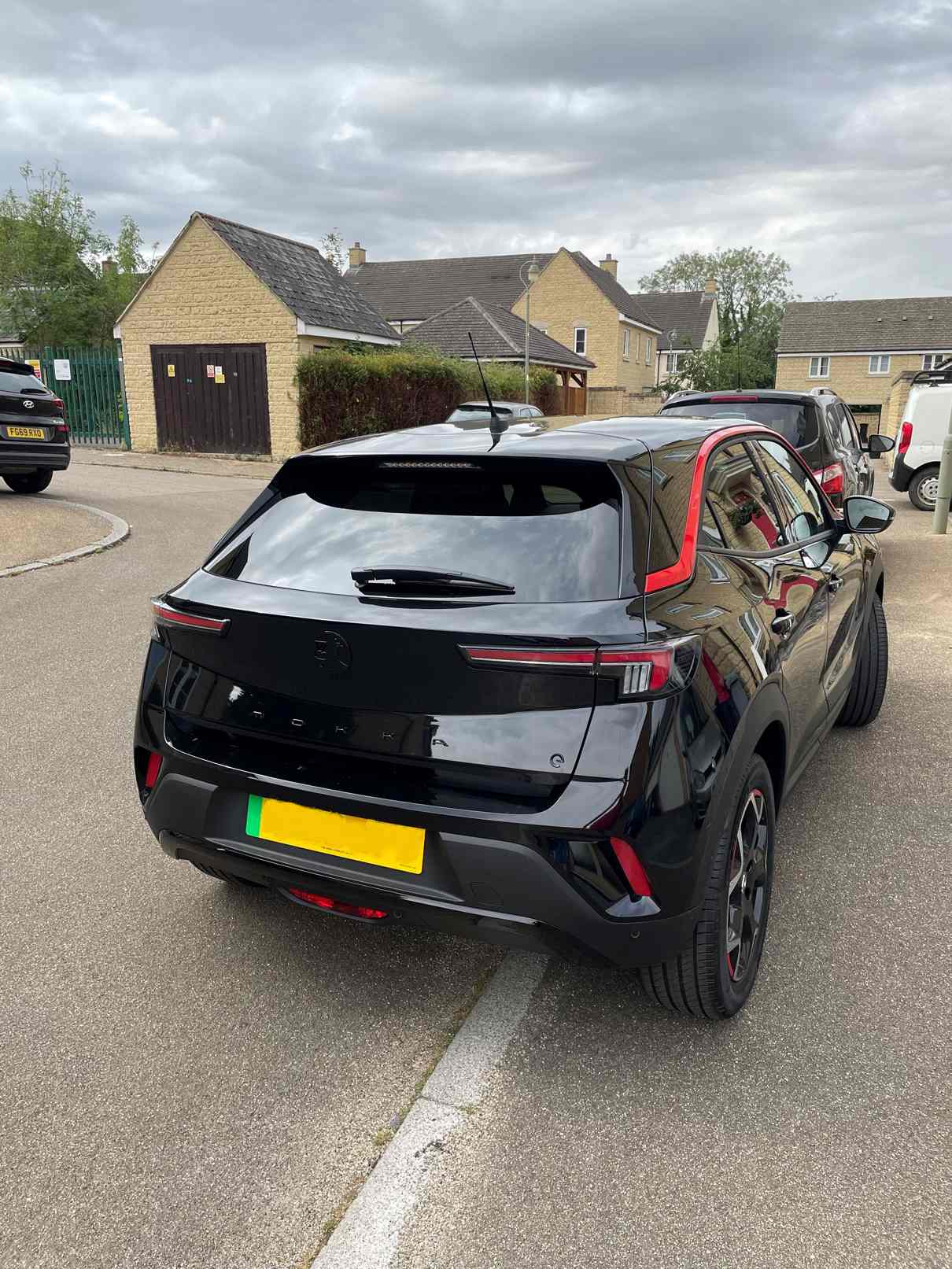
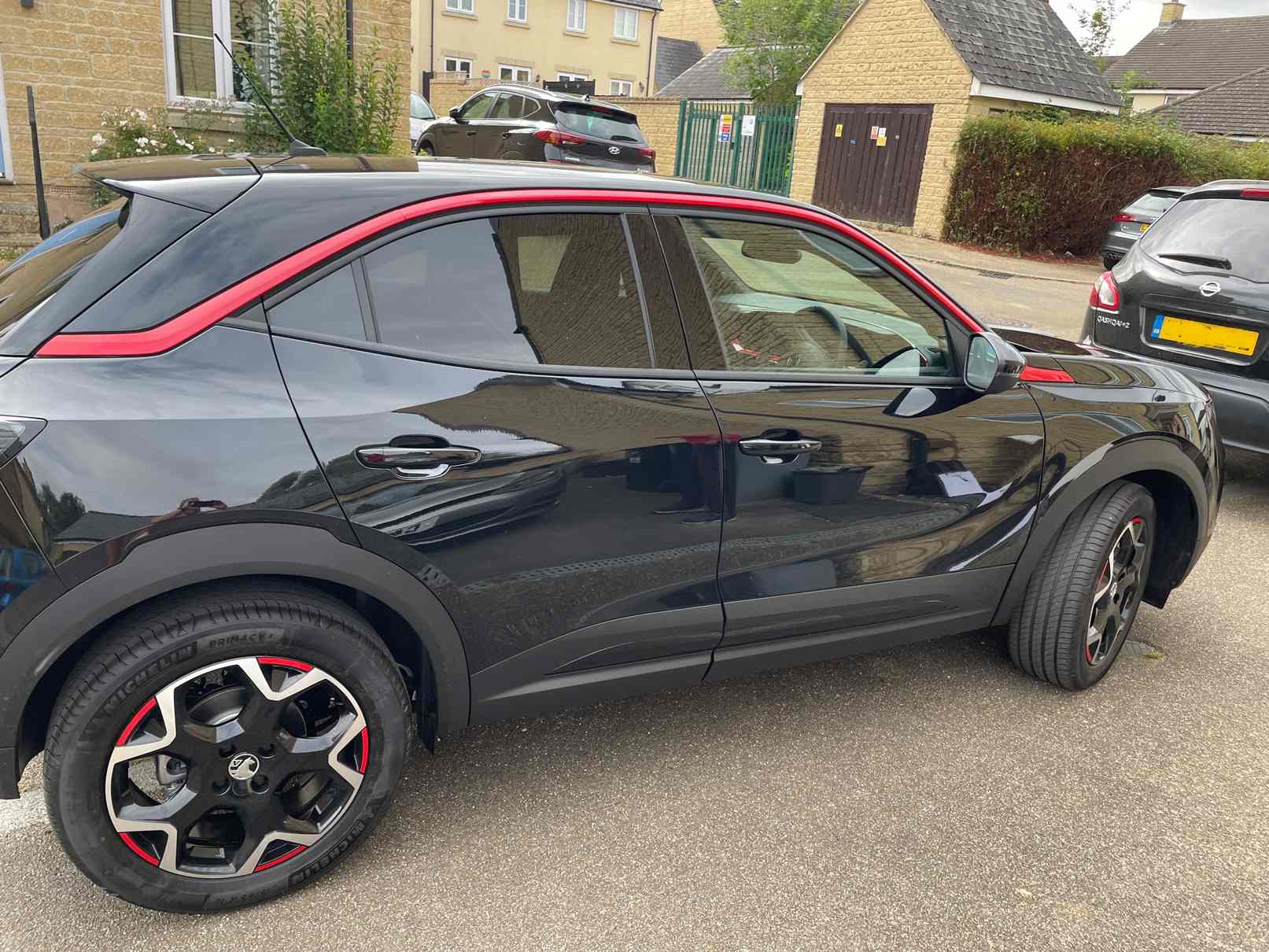
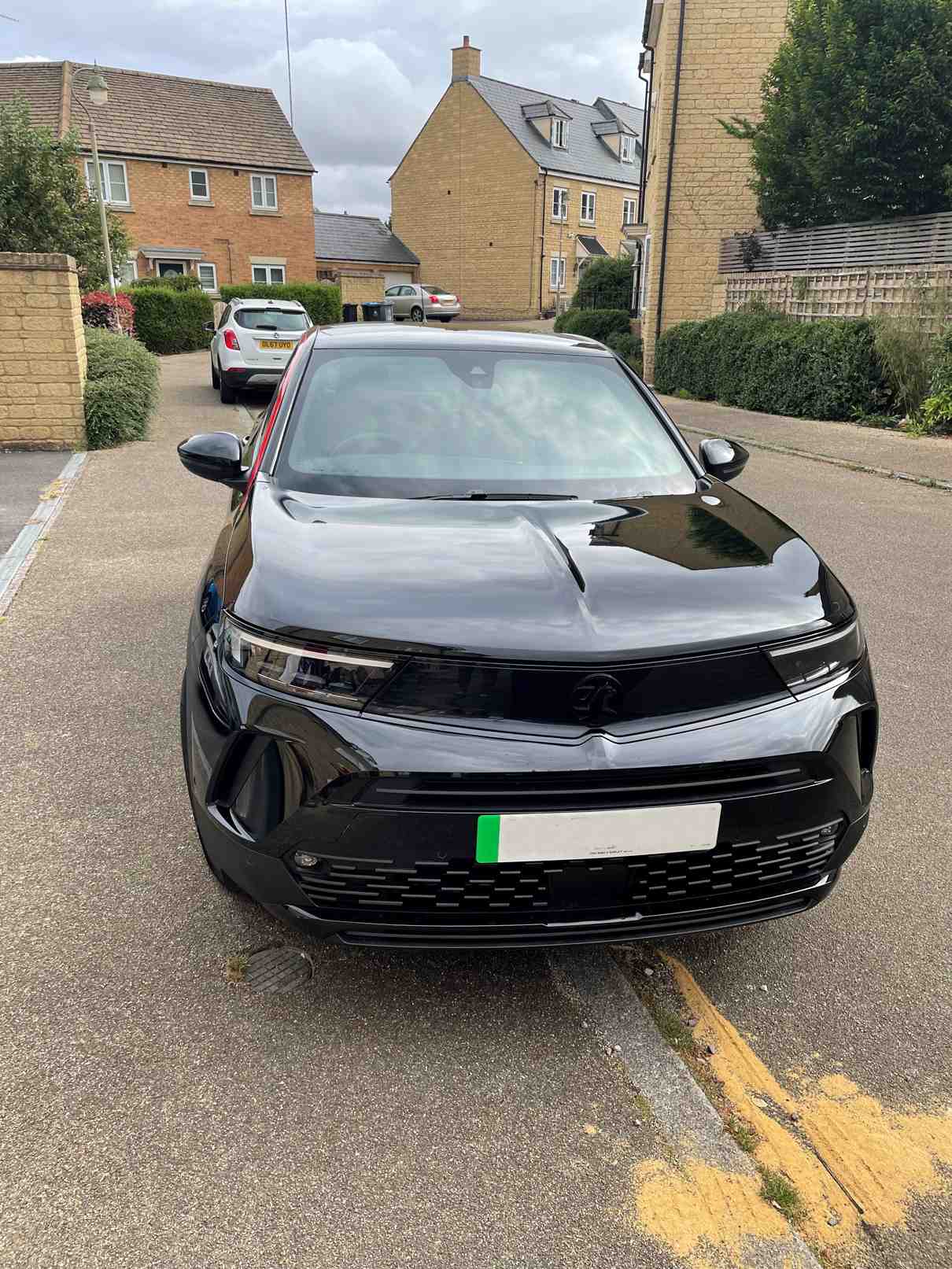
What is the range of the Mokka-E SUV?
.jpg)
What is the battery capacity and charging speed on the Mokka-E SUV?
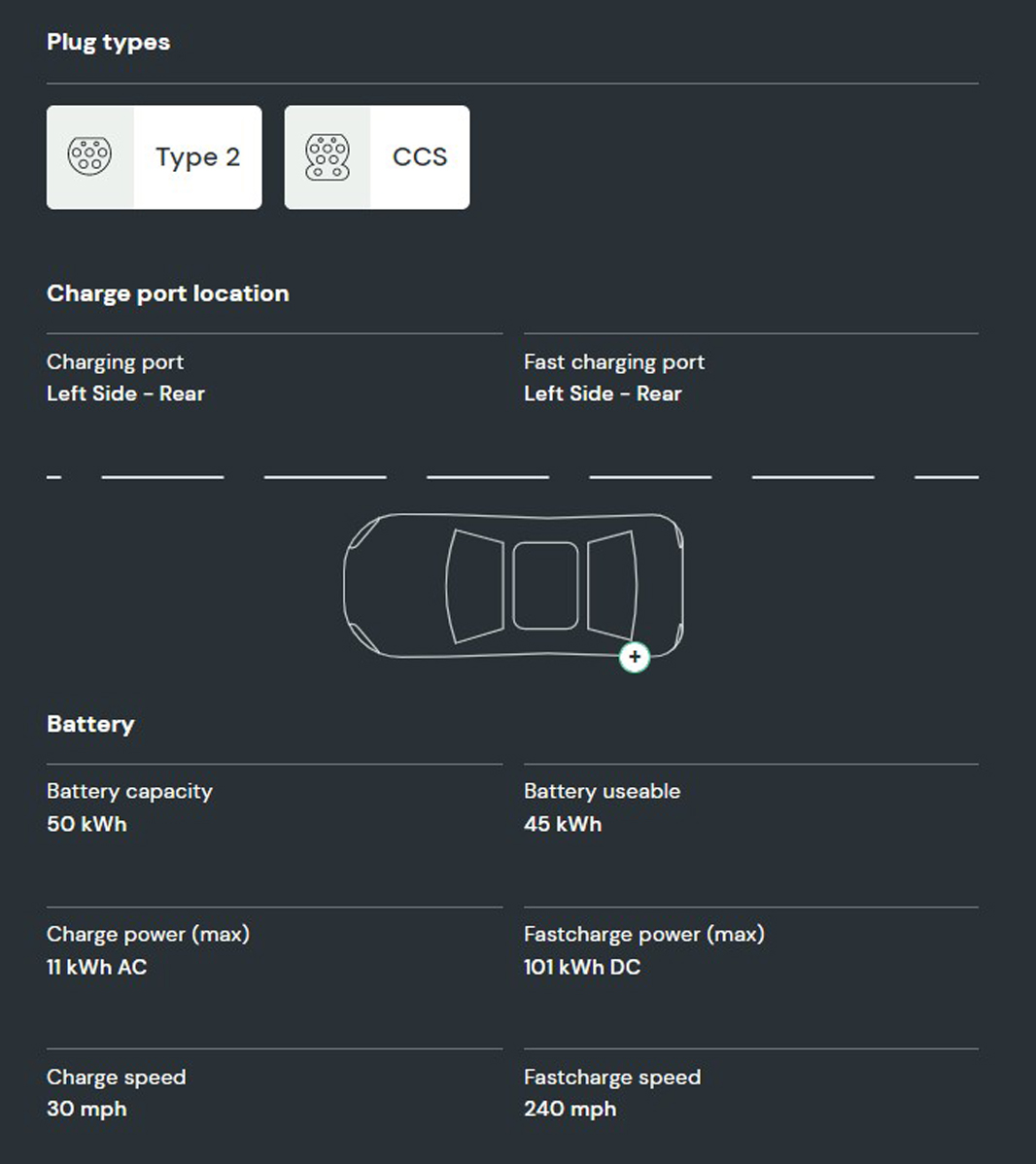
How long does it take to charge the Mokka-E SUV?
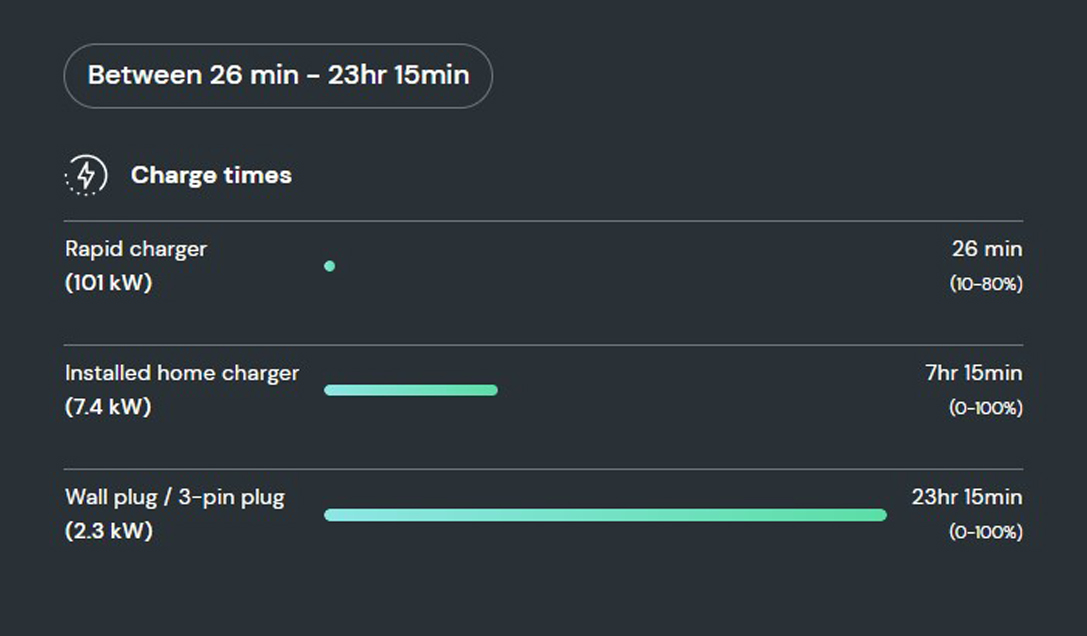
What is the company car tax on the Mokka-E SUV?
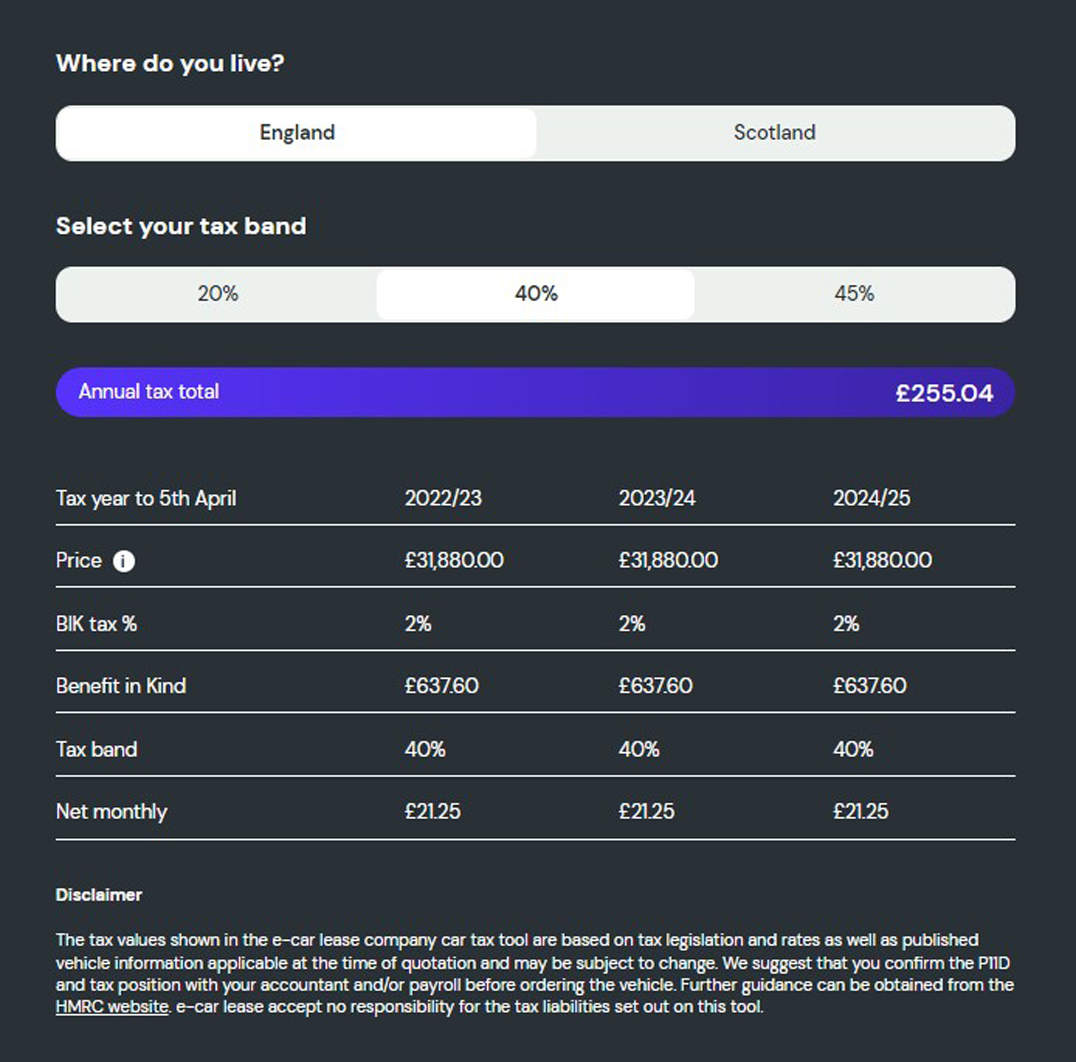
Where can I charge the Mokka-E SUV?
.jpg)
e-car lease work alongside these select finance companies:





e-car lease have a partnership and affiliation with:



Register & get new deals weekly
 Exclusive offers
Exclusive offers
 Electric-only deals
Electric-only deals
 Never miss out
Never miss out

Talk to one of our experts
01942 910 001 Email usLeasing


© Copyright 2025 e-car lease. All rights reserved. e-car lease is a trading name of CarLease (UK) Ltd, e-car lease is a credit broker and not a lender. We are authorised and regulated by the Financial Conduct Authority. Registered No: 706617. BVRLA Membership No. 1471. Registered in England & Wales with Company Number: 09312506 | Data Protection No: ZA088399 | VAT No: 200422089 | Registered Office: Kings Business Centre, Warrington Road, Leigh, Greater Manchester, WN7 3XG
Made by morphsites®












